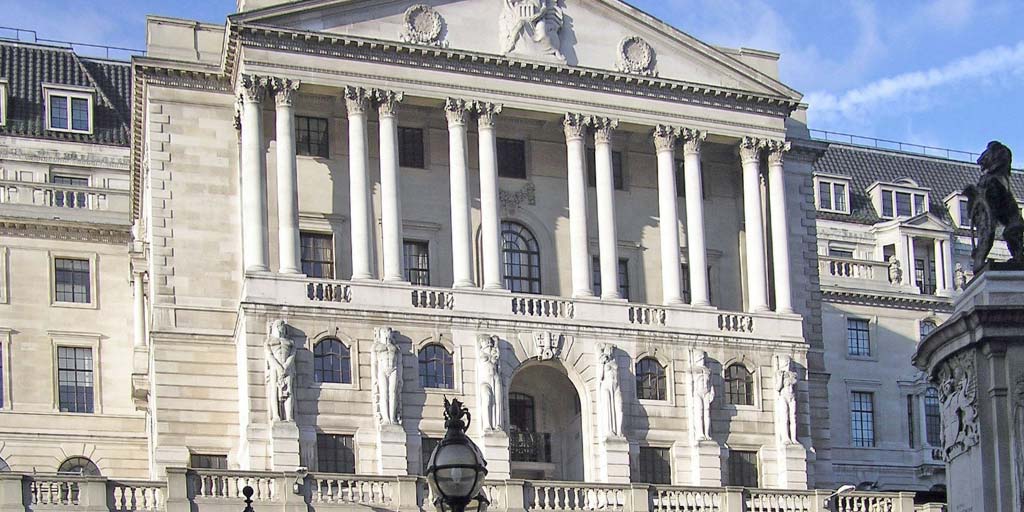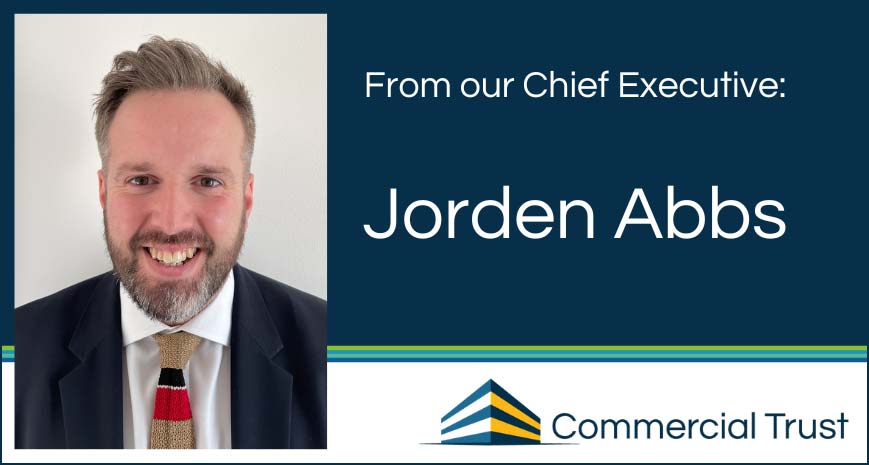This information should not be interpreted as financial, tax or legal advice. Mortgage and loan rates are subject to change.

Category: base rate
Following recent predictions, the Bank of England (BoE) Base Rate has been cut to 4.75% (a cut of 0.25%) this November, marking the second Base Rate decrease this year.
Having held at 5% in previous months following the highly publicised cut in August, per the BoE’s cautious mantra of not cutting too quickly or by too much, the BoE’s Monetary Policy Committee (MPC) has voted to make another small, incremental decrease.
Democracy in action
As always, the MPC’s decisions are not taken lightly. This most recent vote is the result of a long, back-and-forth conversation about the most sensible course of action.
Several MPC members, including chief economist Huw Pill and Dr. Catherine Mann, have been vocal in their opinions that the Base Rate should not have been cut. Pill has voiced his belief that the central bank acted “too early” in August.
Even the BoE governor Andrew Bailey, who was among those that voted to shake up the status quo in August, has erred on the side of caution in the subsequent votes to hold the Base Rate.
However, November marks the point that the governor and several of his colleagues felt comfortable in allowing the Base Rate to be cut further. Pill also voted to cut, while Mann was the only known member to vote hold.
What factors influenced the MPC’s decision?
The movement of inflation is certainly a deciding factor, but a wider contextual view of the current landscape is also important to grasp.
In September, UK inflation dropped below its 2% target for the first time in over three years. The Base Rate is of course heavily intertwined with inflation.
The Autumn Budget announcement has already had a shockwave effect on the UK economy. Numerous tax adjustments were confirmed, some very controversial. However, capital gains tax (CGT) was mostly spared from hikes.
During her address to the House of Commons, Chancellor Rachel Reeves confirmed that the MPC target of 2% inflation was being maintained for the foreseeable future.
The Stamp duty land tax surcharge was increased by 2% on second property purchases – not good news for private landlords with property portfolios. That said, market research indicates that many private landlords are not deterred by this.
Among these promises, the Chancellor also stated her aim to increase VAT on private school fees, uprate personal tax thresholds in line with inflation, and crack down on tax avoidance through offshore accounts.
Anticipation of the outcome of the US presidential election may have also affected the MPC’s decision, as they also look at the macro view of the global economy and international relations.
Donald Trump has pulled a momentous and controversial political comeback and claimed a second term for the Republican Party.
The ‘special relationship’ between the US and UK is always a high-priority consideration. There has been uncertainty about how it will be affected, particularly since Sir Keir Starmer and various Labour figures have been accused of lobbying support for Trump’s Democrat rival, Kamala Harris.
Whilst Trump’s rhetoric is to apply a steep tariff hike on imported goods, which could create an upward pressure on inflation, it is unlikely his appointment influenced the MPC’s decision. The UK and the world will watch and wait for his policies to be put in place.
Depending on Trump’s plans for the US economy, the Base Rate cut may be part of an effort for the UK to stay competitive in global markets and support domestic borrowing.
Effects on the Private Rented Sector
A large number of lenders withdrew their product ranges ahead of the vote as everyone waited for the result. Now the picture is clear a huge array of new deals will be introduced.
Given a drop in the base rate at the end of the year has been long anticipated, mortgage lenders had priced this into their products.
A word from our CEO
In response to the Base Rate news, our chief executive Jorden Abbs had this to say:
While the news of a Base Rate drop may seem like good news for property investors – and it certainly can be – I personally do not expect lenders to start rapidly dropping rates.
Swap rates remain high, and while some lenders have been repricing, we do not expect significant discounting on rates any time soon.
To get a feel for the kinds of mortgage and bridging loans currently available, call our experienced advisors today.


